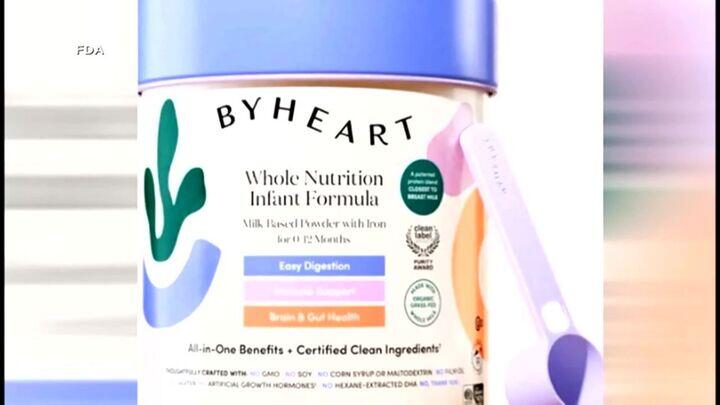A case of infant botulism has been confirmed in New Jersey, and health officials are monitoring a suspected case on Long Island. The New Jersey Department of Health reported that the confirmed case involves a 1-month-old infant in the northeastern part of the state. This incident is part of a broader concern, as California health officials have linked 15 cases of infant botulism across 12 states to a specific baby formula that has since been recalled.
The formula in question is the ByHeart Whole Nutrition Infant Formula. Health authorities have advised parents to dispose of any recalled product and closely monitor their infants for symptoms, which can take weeks to appear. Symptoms of infant botulism may include poor feeding, constipation, and reduced activity. If these symptoms develop, parents are urged to seek immediate medical attention.
In a statement, ByHeart emphasized their commitment to safety, saying, “We take any potential safety concern extremely seriously and act quickly to protect families.”
Understanding Infant Botulism
Infant botulism occurs when the bacteria that cause the illness produce toxins in an infant’s intestines. According to Dr. Eric Ascher from Lenox Hill Hospital at Northwell Health, the symptoms can vary in severity. “Symptoms can range anywhere from mild to severe weakness. Typically, it starts with poor feeding and constipation. Our children will not be as active as they normally would be,” he explained.
The condition can escalate to serious health risks, including respiratory distress and potentially death. Doctors note that infants under the age of one are particularly vulnerable, as their digestive systems are not fully developed to combat such toxins.
Treatment for infant botulism generally involves intravenous (IV) therapy, with continuous monitoring to ensure that the infant does not experience respiratory complications. Fortunately, this treatment is associated with minimal side effects.
As health officials continue to monitor the situation, parents are advised to remain vigilant and informed about the risks associated with infant botulism, particularly in relation to the recalled formula. The safety and well-being of infants depend on prompt recognition of symptoms and appropriate medical intervention.





































































